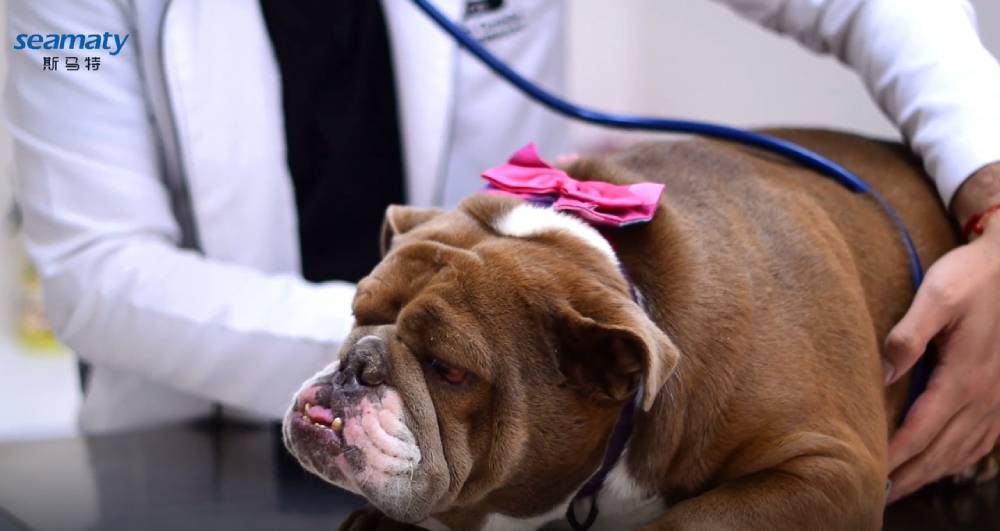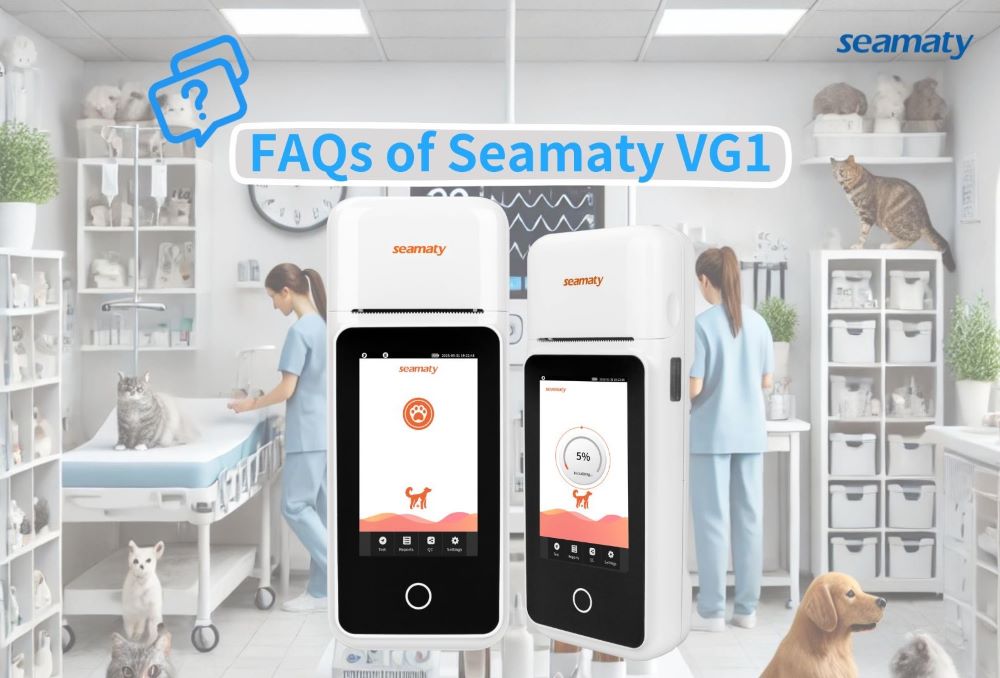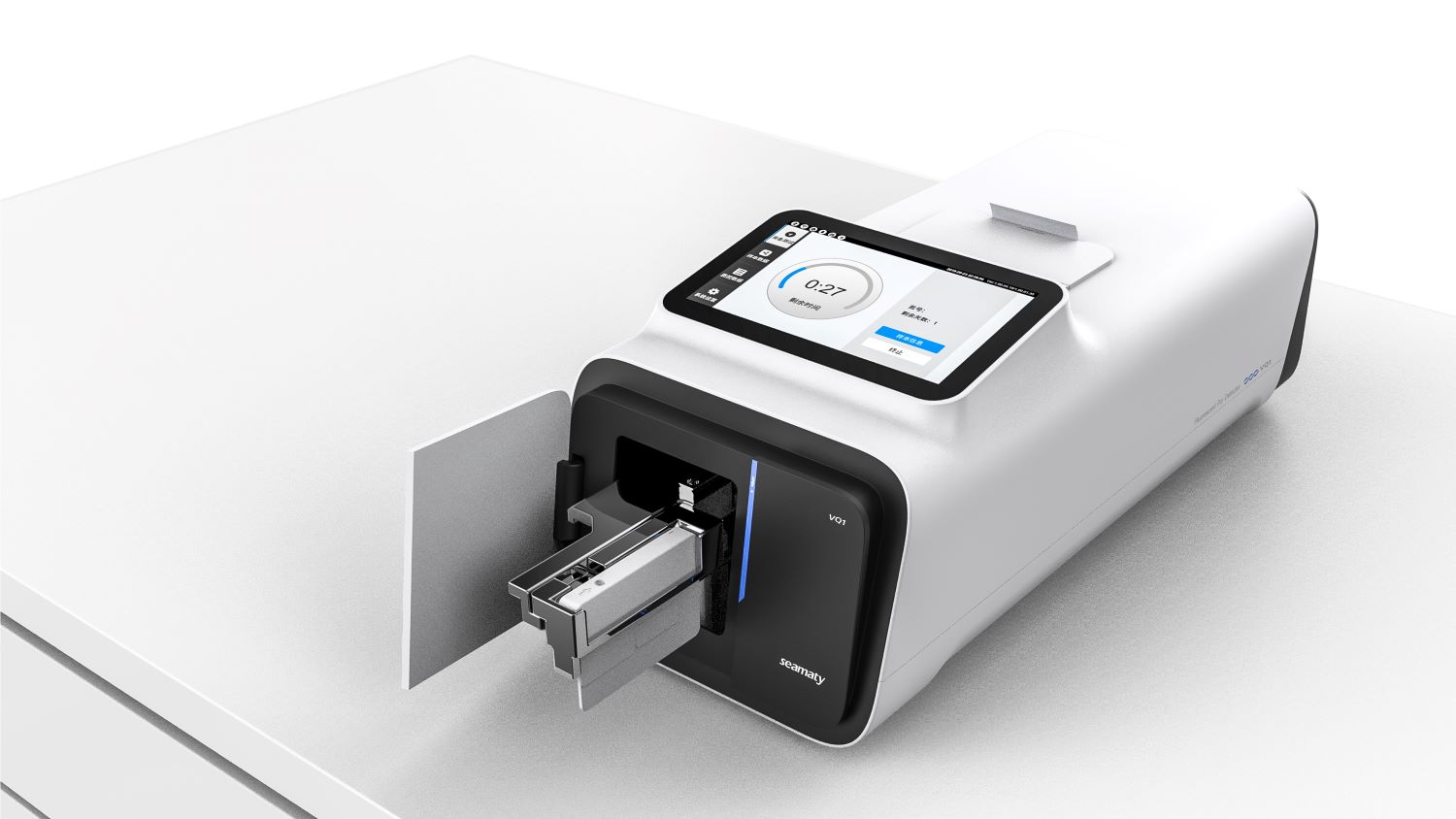release time:2021-11-17 11:00:36
If your dog is six months old or older when you start using heartworm preventative medication, you need to check for heartworms before you start using it. This is because it can be life-threatening if a dog is accidentally infected and then given a heartworm preventive. Even if your dog has been on heartworm preventative medication. It needs to be tested for heartworm once a year just in case.

If a lesion is found on the x-ray that requires other imaging tests to confirm the diagnosis, or if the x-ray does not show a problem. However, if the condition does not improve, ultrasound, CT, MRI, etc. can be done more recently.

2024-11-07
Learn about the Seamaty VG1 Veterinary Blood Gas and Electrolyte Analyzer, a portable, accurate, and easy-to-use device for quick diagnostics. Ideal for both small and large animals, this FAQ covers its key features, maintenance, and benefits for veterinary practices.

2024-06-25
Discover Seamaty's VQ1 Fully Automated PCR Instrument, a breakthrough in pet diagnostics. Offering rapid, precise, and safe testing, it revolutionizes early detection and treatment of infectious diseases in pets. Ideal for veterinary hospitals and breeding centers, ensuring comprehensive and accurate health solutions for pets.

2022-03-17
Seamaty has developed and produced a comprehensive checkup tray containing 23 test items (the largest number of test items at present), which can be used in combination with the supporting instrument SD1 biochemical analyser